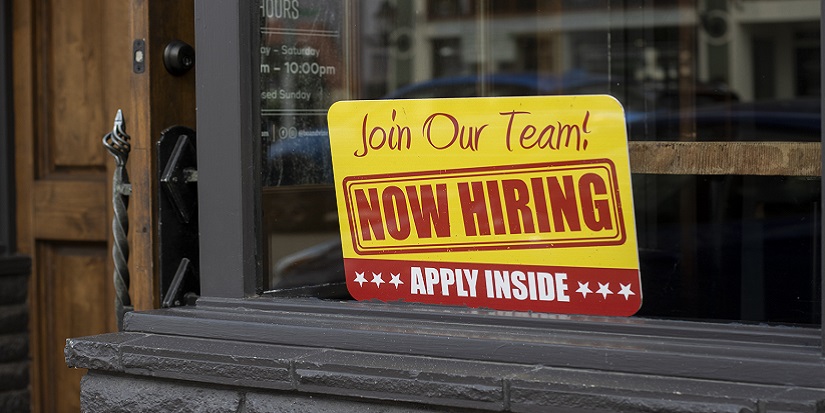Remember Salomon Brothers? The fantastically profitable trading house exemplified 1980s Wall Street swagger.
That same swagger ultimately killed the firm. For a time, though, Salomon was king of the mountain. Let’s talk about how it got there.
In his book Liar’s Poker, Michael Lewis describes a young man named Lewie who joined Salomon Brothers in 1968. Lewie wasn’t a trader. He worked on the mailroom night shift, making $70 a week (about $600 in today’s dollars).
Here’s the story:
Several months into his new job Lewie ran into money problems. He had no financial support from his parents (his father had died when he was 13). His wife lay ill in the hospital, and the bills simply accumulated. Lewie needed $10,000. He was 19 years old and all he had to his name was his weekly paycheck.
He was finally forced to request a loan from the one Salomon Brothers partner he knew vaguely. “You gotta remember,” he says now, “I was convinced, really convinced, he was going to fire me.”
Instead, the partner told Lewie the hospital bill would be taken care of. Lewie thought that meant it would be deducted from his weekly paycheck, which he couldn’t afford, and started to protest. “It will be taken care of,” the partner repeated.
Salomon Brothers paid the $10,000 bill racked up by the wife of its mailroom clerk with three months tenure. There was no committee meeting to discuss whether this was appropriate. The partner to whom Lewie addressed his request hadn’t even paused before giving his answer. It was understood that the bill would be paid, for no reason other than it was the right thing to do.
Paying that bill for Lewie (equal to about $86,000 now) was an act of great kindness. Was it more? Maybe.
In 1968 the Baby Boom generation was just starting to enter the workforce. The Vietnam War had pulled a lot of young men out of circulation. Women weren’t yet accepted in many jobs. Unemployment was around 3.5% that year, about like now.
Amid that labor shortage, maybe the Salomon Brothers partner knew the firm’s value was in its people, and its success depended on taking care of them. And that meant all its people… even the mailroom clerks.
We’ll get back to Lewie in a minute. First, let’s consider a more recent event.
Workers Are the Business
Unlike 1968, today we have social media on which unhappy workers can share the text messages they get from their bosses. You can find many examples online. Some are funny, others just sad.
It’s often hard to know if those clips are real but I’ve confirmed the one below. This is a December 2022 memo from an Olive Garden restaurant manager in Overland Park, Kansas:
The memo quickly spread online and appeared in news stories. Olive Garden, a unit of Darden Restaurants (DRI), issued this statement:
"We strive to provide a caring and respectful work environment for our team members. This message is not aligned with our company's values. We can confirm we have parted ways with this manager."
In fairness, I’d bet the manager was getting pressure from above to meet financial benchmarks. He/she probably wasn’t wealthy, either. Indeed.com says the typical Kansas restaurant manager makes around $60,000 per year.
A restaurant’s workers are the business. People visit Olive Garden not for the ingredients, but to buy the labor of those who prepare and serve their food. And right now, those workers are hard to find and even harder to keep.
Whatever that manager was thinking, the letter hurt the company more than it helped.
Different Approach
Like Olive Garden now, Salomon Brothers in 1968 depended on people. Its traders were an early kind of neural network, whose Wall Street connections served the same role as today’s computers. The mailroom was a small but important node in the network.
As it turned out, helping Lewie may have beenthe most profitable trade Salomon Brothers ever made.
Lewie Ranieri rose from the mailroom to vice chairman, pioneering what we now call mortgage-backed securities and earning the firm billions. He’s one of the characters in The Big Short film.
You may have noticed a recurring theme in my recent columns: The labor market has changed in ways many managers don’t understand (see here, here, here and here).
The Olive Garden manager’s attitude was pretty common not so long ago. And of course, people should show up for work unless they have some good reason. But there are better ways to say so.
That’s important because most employers no longer have math on their side.
A different demographic situation requires a different approach, one less like the Olive Garden manager and more like the Salomon partner.
Some companies are ahead of the pack on this. Those are the ones I’d consider for long-term investment or as a career choice.
Businesses where the boss thinks all this is temporary? They may be fine for a while, but math always wins. (And no, robots aren’t going to save them.)
Better to start showing workers why your company is the best place for them… because today’s workers have other choices. And if they choose someone else, the company may not survive.
See you at the top,





